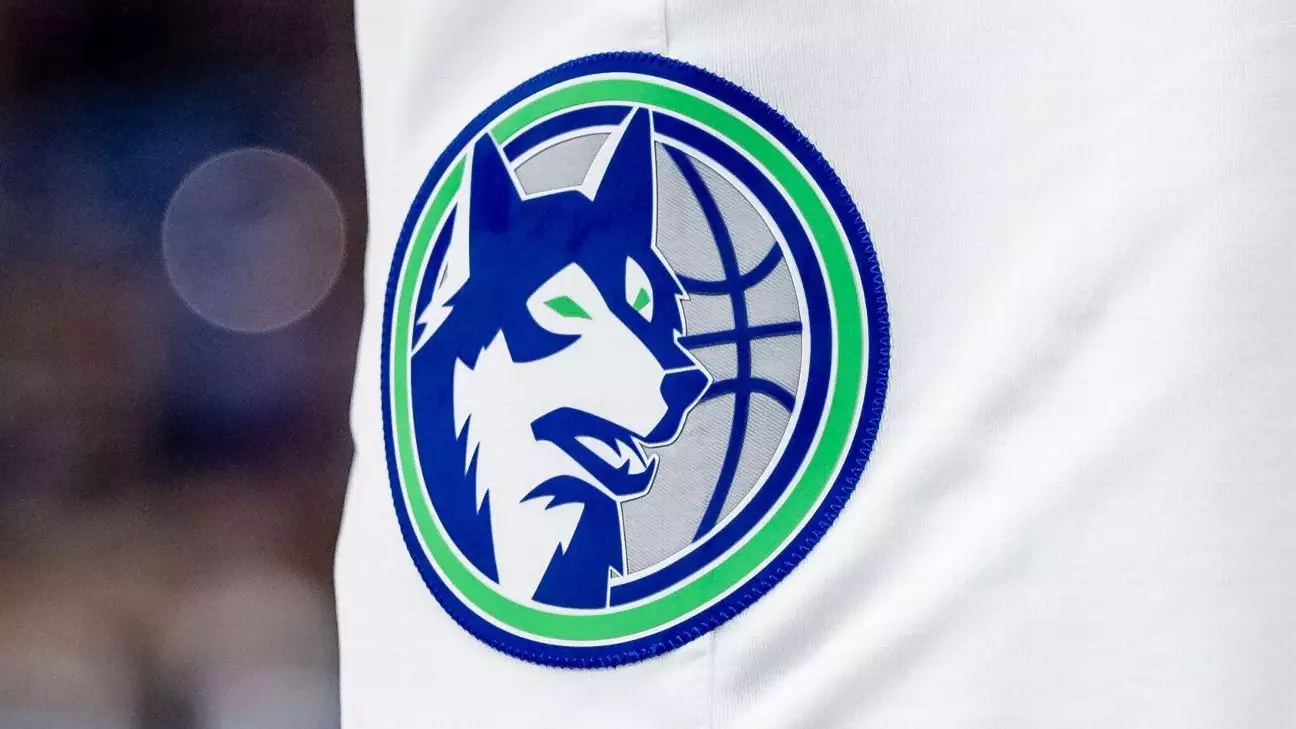The landscape of sports ownership is often marked by complex negotiations, competitive tensions, and strategic maneuvers. The Minnesota Timberwolves and Lynx are currently at the eye of such a storm, as a recent arbitration decision has ignited a significant dispute between prospective owners Marc Lore and Alex Rodriguez and the current owner Glen Taylor. This article delves into the intricacies of this ownership saga, reflecting on its implications for the teams and the broader NBA landscape.
In a pivotal split decision made public on Monday, a three-member arbitration panel ruled in favor of Lore and Rodriguez regarding a contentious sales contract dispute with Taylor. This ruling paves the way for a momentous vote among NBA owners concerning the control of the Timberwolves and Lynx. At stake is not only the financial future of the franchises but also their competitive prospects and the allegiance of their fanbase. The board of governors’ vote will occur simultaneously with the closure of the sale and the disbursement of final payments, marking a critical juncture in this ownership transition.
The arbitration panel’s judgment centers on the allegation that Taylor breached the sales agreement when he declared that Lore and Rodriguez had missed a key payment deadline in March 2023. This payment, valued at $600 million, was intended to secure an 80% majority stake in the teams. The original agreement between Taylor and the prospective owners, struck in 2021, was based on a total valuation of $1.5 billion, with the acquisition structured in a phased approach.
Lore and Rodriguez’s resolve to acquire a controlling stake has been bolstered by their strategic financial maneuvers, which include raising an additional $950 million and depositing these funds into an escrow account. The duo has also expanded their investment group to include high-profile financial partners, such as former New York City Mayor Michael Bloomberg and ex-Google CEO Eric Schmidt. This addition of prominent figures has injected a new level of credibility and financial stability into their bid, enhancing their chances of successfully completing the acquisition.
However, the path to finalizing the purchase is fraught with challenges. At least 23 out of 30 current NBA governors must endorse the transfer of ownership. This requirement raises significant questions, particularly since Taylor has expressed his discontent with the arbitration ruling. Historically, such approvals are considered customary; nonetheless, the need for a majority approval amidst Taylor’s opposition introduces an unprecedented layer of complexity to this ownership transition.
Taylor’s long tenure as the majority owner since 1994 and his established connections within the NBA, including a past role as chairman of the board of governors and a solid rapport with NBA Commissioner Adam Silver, could influence the outcome of the ownership vote. Despite the challenges Lore and Rodriguez face in winning the support of enough owners, their proactive outreach—meeting with numerous franchise owners—strategically positions them to mitigate potential opposition.
The stakes of this ownership battle extend beyond financial concerns. The outcome will profoundly impact the Timberwolves’ strategic direction, team identity, and broader community engagement. Lore and Rodriguez have publicly expressed their commitment to winning championships and revitalizing the franchise, affirming their dedication to the team and its loyal fanbase.
The Market Dynamics of Sports Ownership
An additional facet of this discussion involves the shifting dynamics in sports ownership valuations. The $1.5 billion price set in 2021 for the Timberwolves now appears undervalued compared to recent transactions, such as the Phoenix Suns, which sold for $4 billion, and the Dallas Mavericks, which changed hands for $3.5 billion. This evolution not only reflects the growing revenue potential of NBA franchises but also suggests that Taylor’s decision to initially sell the Timberwolves may have come at an inopportune time.
Compounding this situation is the fact that Taylor has previously considered selling the team, only to change his mind based on the franchise’s competitive progress and his personal enthusiasm for ownership. His recent statement following the arbitration outcome expressed disappointment yet also hinted at a reluctance to comment on future actions, leaving fans and prospective partners in a state of suspense.
The Timberwolves’ ongoing ownership saga encapsulates the tension and unpredictability inherent in the realm of professional sports. As Marc Lore and Alex Rodriguez push forward amid legal and political complexities, the outcome remains uncertain. Whether Minnesota’s fans will celebrate a new chapter under fresh leadership or contend with a continuation of the status quo is contingent on the forthcoming decisions of the NBA’s governors. This unfolding drama serves as a reminder that, in the high-stakes arena of sports ownership, the financial and emotional investments are equally profound, impacting not just the teams but the communities they represent.



Leave a Reply